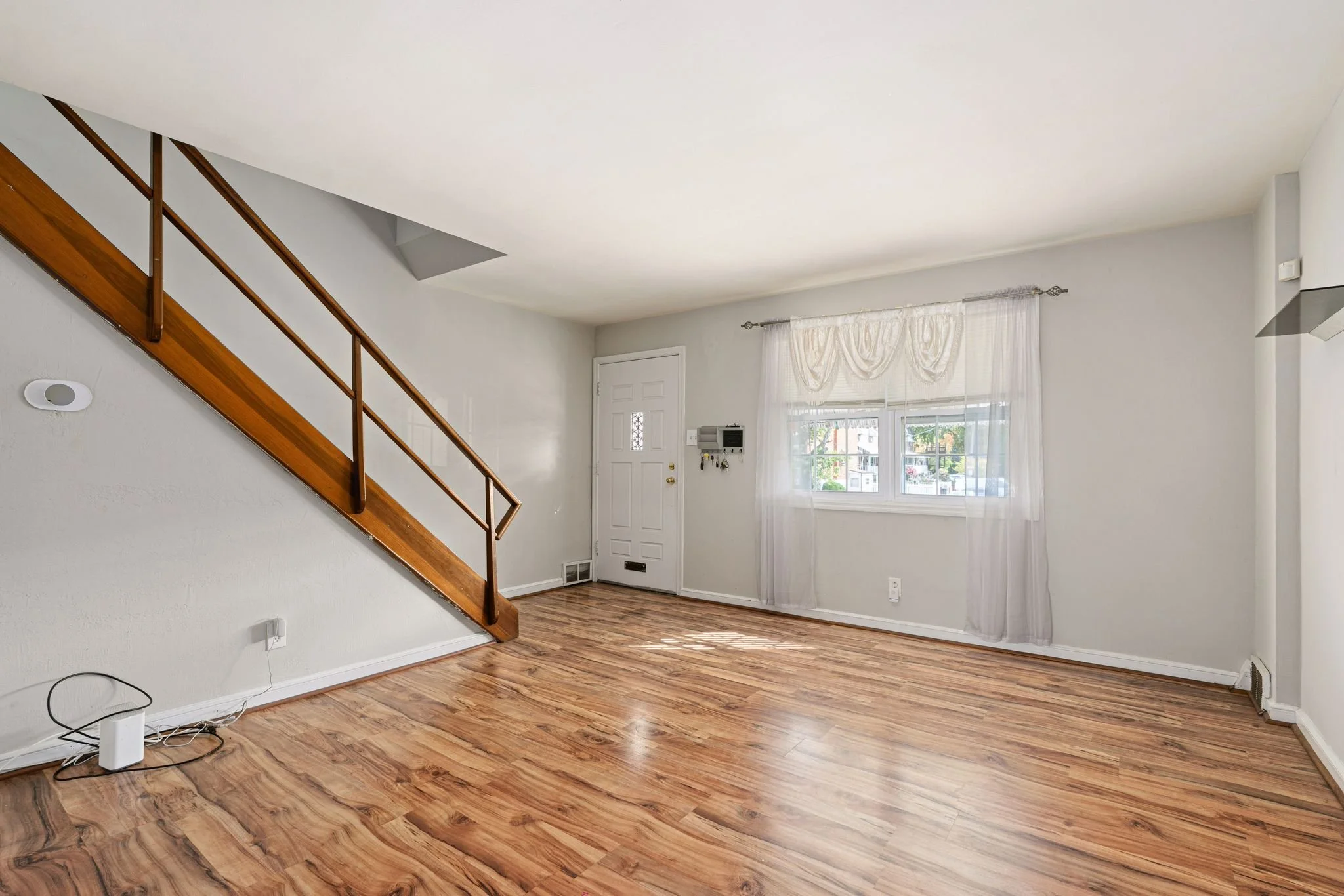When talking about real estate you’ve most likely heard people referring to a buyer’s and seller’s market. So what exactly does that mean, and how do you know what market you are in? There are many layers to unravel, so let’s go over the basics and nuances of each market.
SUPPLY VS DEMAND
It all comes down to simple economics: supply and demand. Supply being the number of homes for sale, and demand being the number of qualified people looking to buy a home. When there are more homes for sale than buyers, it’s a buyer’s market and buyers have more leverage during the home sale transaction. When more buyers are in the market than homes for sale, it’s a seller’s market and sellers have more leverage during the transaction.
Factors that can affect the number of buyers or homes in the market include mortgage rates, affordability, the rental market, new construction, government policies, and economic growth. The one item often not talked about that can affect supply and demand is consumer confidence, which is the way people perceive the market. National headlines often play a role in shaping this perception, although national numbers do not always pertain to your market. More about this later.
What will we see in a Buyer’s Market?
For buyers in a buyer’s market, you’ll see a healthy inventory of homes. Typically, house hunters can take extra time when searching as homes spend a little more time on the market so there will be more to choose from. Buyers have a better chance of getting an offer accepted with a seller's assist or a home sale contingency. When negotiating other terms like large repairs, buyers will usually have greater success.
For sellers, you can anticipate an increase in the number of days your home will be listed. With longer days listed, price reductions are common as well. More listings on the market means you’ll have more competition. This is when it’s important to make your property stand out with staging, a fresh coat of paint, and possibly updated fixtures.
Regardless of which side of the transaction you’re on, everyone has their bottom line. A buyer’s market doesn’t mean sellers will be giving their home away and buyers will get everything they want out of negotiations. It simply means buyers may have more leverage than sellers.
What will we see in a Seller’s Market?
For buyers in a seller’s market, competition is high so you’ll often see homes sell quickly. You may be entering a bidding war, which you’ll need a good strategy to win. You may have to put in offers over asking, and you will have less success with home sale contingencies, and sometimes appraisal and home inspection contingencies.
For sellers, you have more leverage when negotiating things like repairs or price. You may be able to sell your house when it’s not in perfect condition.
Again, each side has a bottom line. When house hunting in a seller’s market, it’s more important than ever to have an experienced agent by your side to explain how competitive the market is (there are degrees) and help you create a strong offer specific to that home. For sellers, you’ll want an agent who can anticipate how the market will react to pricing your home. Sometimes, for example, listing at market price in a seller’s market is a better strategy than pricing the home aspirationally.
Your Market
So, what is your market? You can break it down in a few ways. If you are talking location, the Philly area is notorious for its submarkets. Buying a home in Collingwood, NJ is not the same market as buying right over the bridge in the Old City neighborhood of Philadelphia. Even within the same city, Old City may have a different market than Mount Airy.
The other way to look at your specific market is price range. How many buyers are you competing with in your price range? How many homes are offered in that price range? Even within the same zip code, there may be a different market for 300K buyers than there is for 1MM buyers. Of course, there are times when there is a seller’s market or buyer’s market across the board, but it’s more rare.
In a nutshell, you should be aware that there are different types of markets but don’t let that stop you from listing your home, or buying anytime. Our Market Blog is updated every quarter and is an excellent resource for a glimpse into Philly and surrounding Suburbs. As always, lean on your Philly Home Girls agent. They’ll analyze the absorption rate for homes like the one you are selling or looking to buy so you can know what to expect. Whether you are entering your market in one that favors buyers or sellers, anticipating how the market will react makes the process much less stressful.



































Saving money for a downpayment and closing costs is the # 1 reason people are holding off on purchasing a home. PHG agent Rachel Shaw came up with a trusty list of some of her favorite homebuyer assistance grants and loan programs. With a little help, your dream of owning a home may not be as far off as you thought!